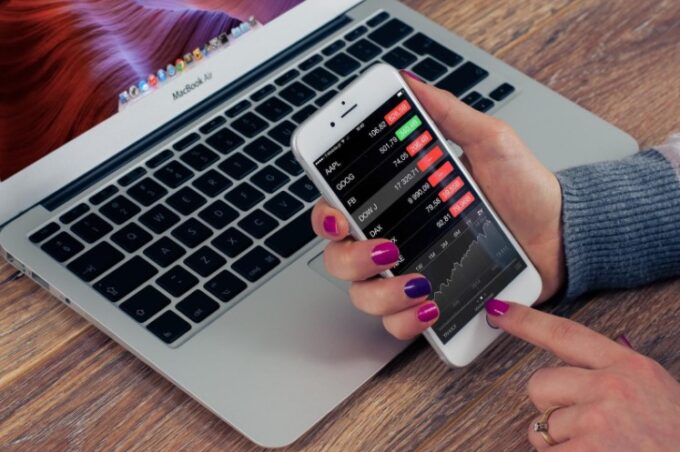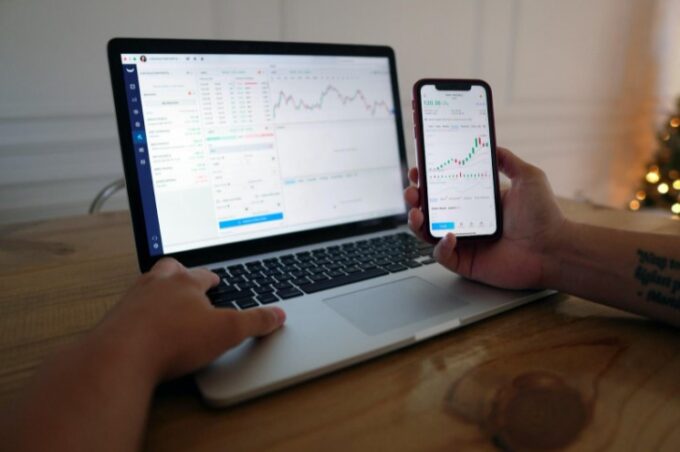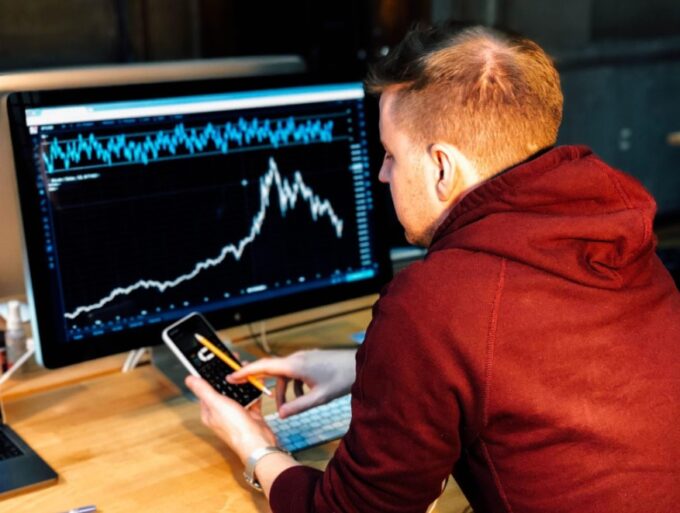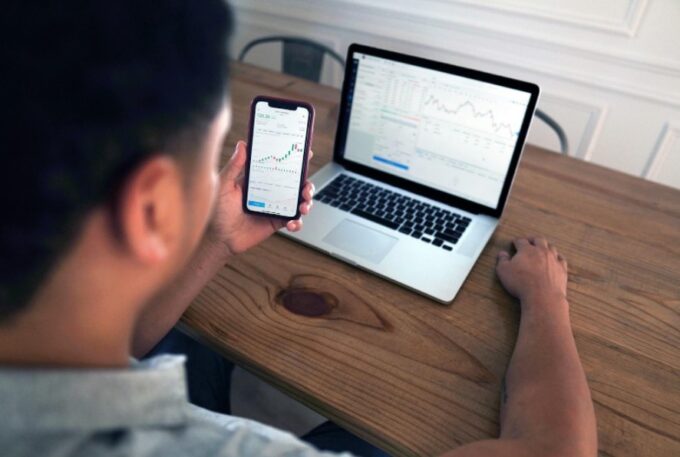You can lose money in absolutely any business. How to start trading on the stock market, how to avoid losses, and develop trading skills? We are going to tell you in our article. The modern stock market (or exchange) is an electronic system in which currency and securities are traded.
There is always a worthy alternative for those who want to purchase shares on such a site, just like everyone who wants to sell contracts at the most favorable price. Certainly, today, trading platforms are principal partners of an effective individual investor.
They widely exist on the market and can be accessed through your licensed broker. If you just started your way in the stock market, our article will be useful to you. Who knows, maybe you decide to start your own business and think about your trading platform in the near future. Click here to learn more.
Who is a trader?
A trader is a stock exchange trader who sells or buys bonds, securities, stocks, futures. He monitors price fluctuations in real-time and can practice in one or more financial markets. A trader can be an employee of a financial institution or work individually.
How can I start trading with stocks?
Trading is an actively developing field in the world, thereby attracting more and more new traders. However, newcomers may have numerous questions, the lack of answers to which can lead to financial losses and failure.
Tip 1
There are numerous approaches to defining stock trading strategies. Basically, the strategy is determined depending on the degree of the trader’s involvement in the market, namely, on the frequency of his exchange transactions. According to this parameter, a large number of exchange strategy types can be distinguished.
It’s better to start your path by selecting a strategy — investing or trading. The first implies the purchase of an asset on a long-term basis. The second is a short-term venture. A trader makes multiple transactions with digital assets, trying to get profit in a short period of time.
Tip 2
Statistics show that 90% of traders waste most of their capital at the very beginning. After that, they leave the market. For this reason, it’s better to start trading with a demo account. Some exchanges allow you to create such an account with a virtual balance. You can get informed with the market and the structure of the trading platform and practice.
Tip 3
For a beginner, trading with its complex terminology seems to be something completely out of reach. But for those who have been trained, learned something, and turned professional, trading is an open book, and every word in which has a clear meaning.
But, in order to become a successful trader, you need to learn the theory. For instance, read scientific literature on trading, participate in masterclasses and lectures on this topic, take relevant courses, study technical and fundamental analysis. All these will help not analyze the charts only but to predict fluctuations.
Tip 4
Be very cautious or don’t trust other people’s signals to buy and sell. Today, Telegram and other social networks have numerous channels that publish various forecasts. Their authors are not responsible for their subscribers’ money and results.
Moreover, never give your login and password to anyone who appears to be a customer support service specialist or an employee of the exchange, etc. Otherwise, you may lose all funds. Set up two-factor authentication (2FA) on all exchange accounts. It is the best way to keep funds safe.
Tip 5
Use the available tools. These include all kinds of apps, programs, websites, etc. They can help you plan your forex trades and track what’s going on. Their job is to make trading easier for everyone, but some are complex and it will require some knowledge for you to get started.
For example, everyone can utilize the compounding calculator financebrokerage.com has provided and see how much can they reinvest and how much they can save over the course of N months. This is a great tool whether you are a beginner or professional because it can help you maximize your profit and savings.
Tip 6
Novice traders are immersed in trading techniques and don’t pay attention to the psychological aspect and preparation. They underestimate the problem of emotions and pay dearly for it. Many of them have a long way to psychological and financial stability.
Anxiety, despair, rage, euphoria, confidence in market control are what devour your deposit. When greed fights fear, you lose money. Therefore, don’t get emotional. Most of the loss-making transactions are made precisely because of the loss of control and excessive emotionality.
Tip 7
Don’t trade for the last money that you have been saving for a very long time and even more so for credit funds. It’s possible to make money on the stock market, but it’s quite challenging. And for novice traders — it’s almost impossible. For this reason, you should invest only those reserves that you are ready to lose. And not invest funds that may suddenly be needed.
Tip 8
Don’t neglect education. Trading on the stock market is not a casino but hard, nervous work. It can take years to understand how asset prices behave in a given situation.
Tip 9
Write down all your trades. It will help to evaluate and correct the trading strategy as well as to identify the mistakes made. Use records to track your trading performance across different markets. Building a chart of the profitability of trading operations per day, their number, position holding time, and other parameters will make it possible to track your progress.
Tip 10
You shouldn’t transfer funds to small, unpopular exchanges with low trading volume when trading cryptocurrency. If necessary, it’s safer to start with a small amount to check if the platform has withdrawal options. Fraudsters can turn off this function in order to embezzle traders’ funds, attracting them, for instance, with higher rates.
It is better to keep on the exchange only those funds that are needed for trading. The rest of the capital is safer to store in a cold wallet. Trading on an exchange from scratch begins with transactions without a system, understanding what is generally happening on the market, how everything works.
The first mistake is using most (or even all) of the deposit in the very first transaction. But even experienced traders with multi-year profits have a series of losses. A couple of lucky guesses — and then a series of failures. So, never rush and always follow the advice from our article.
We wish you good luck and maximum profit!













